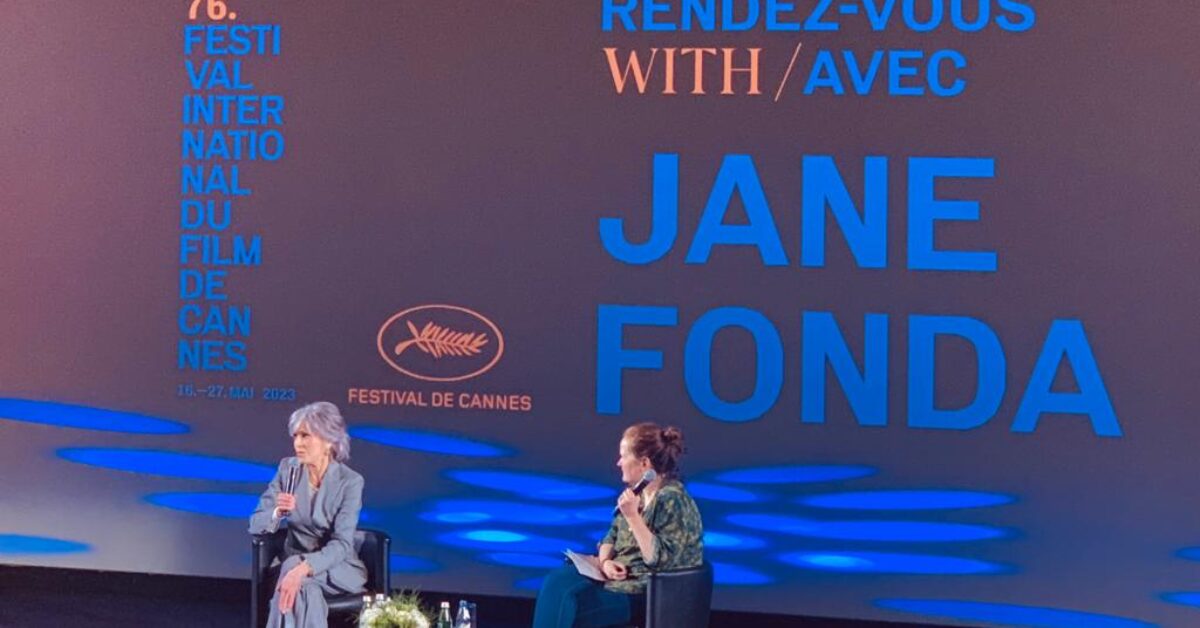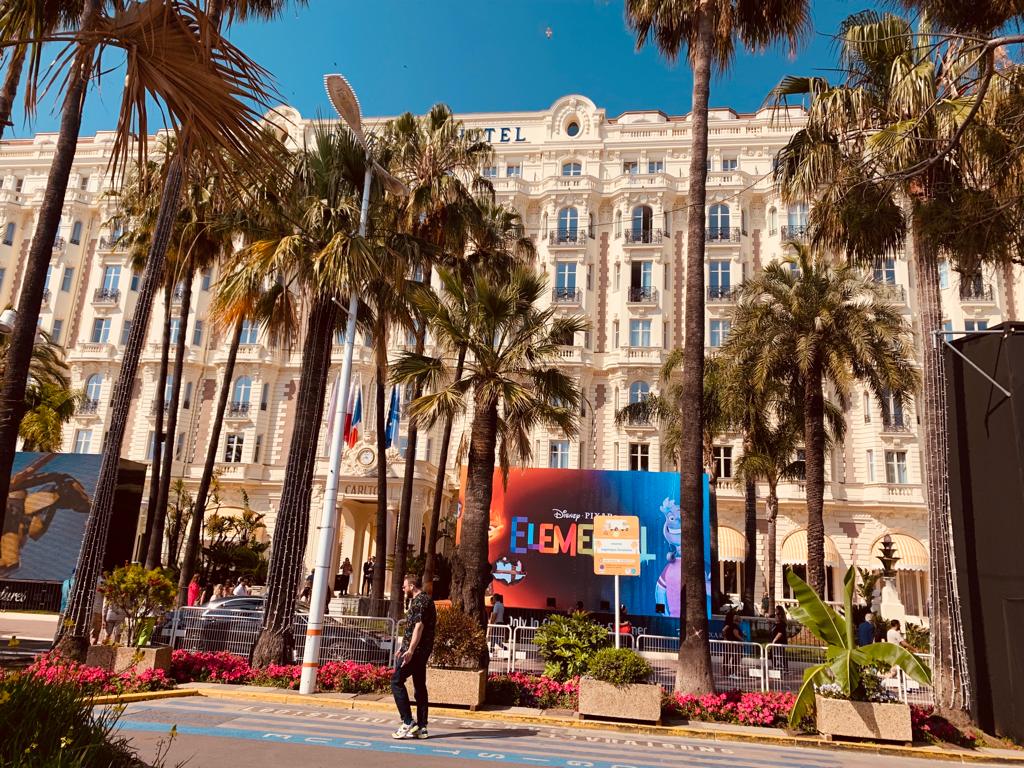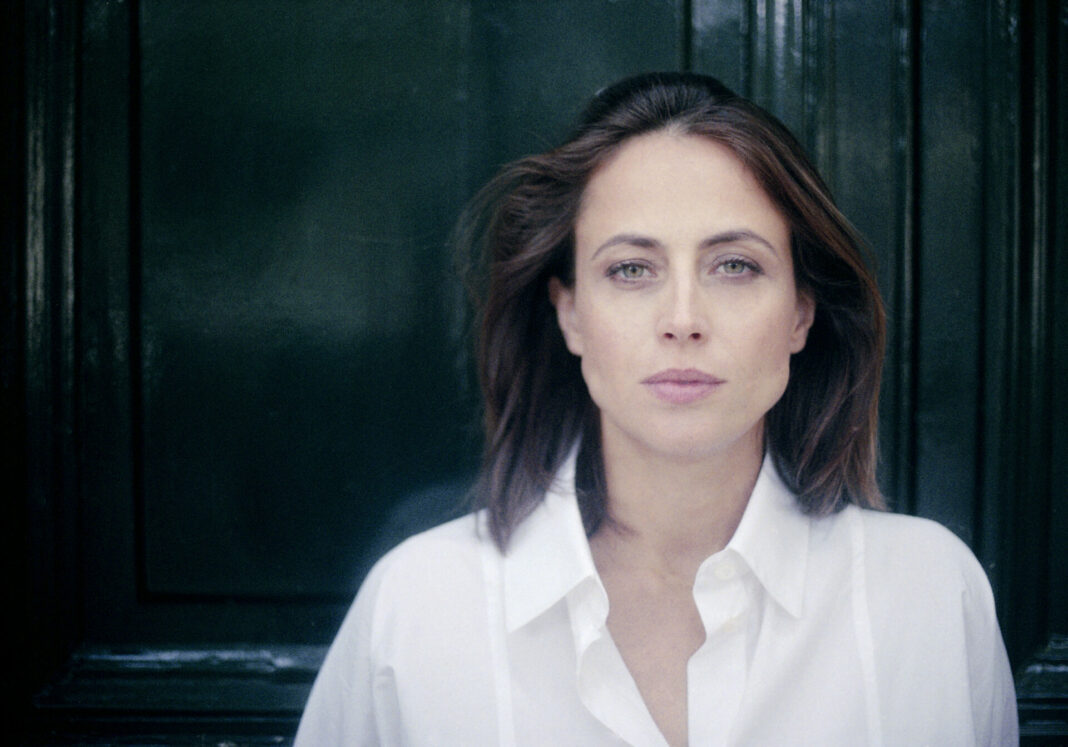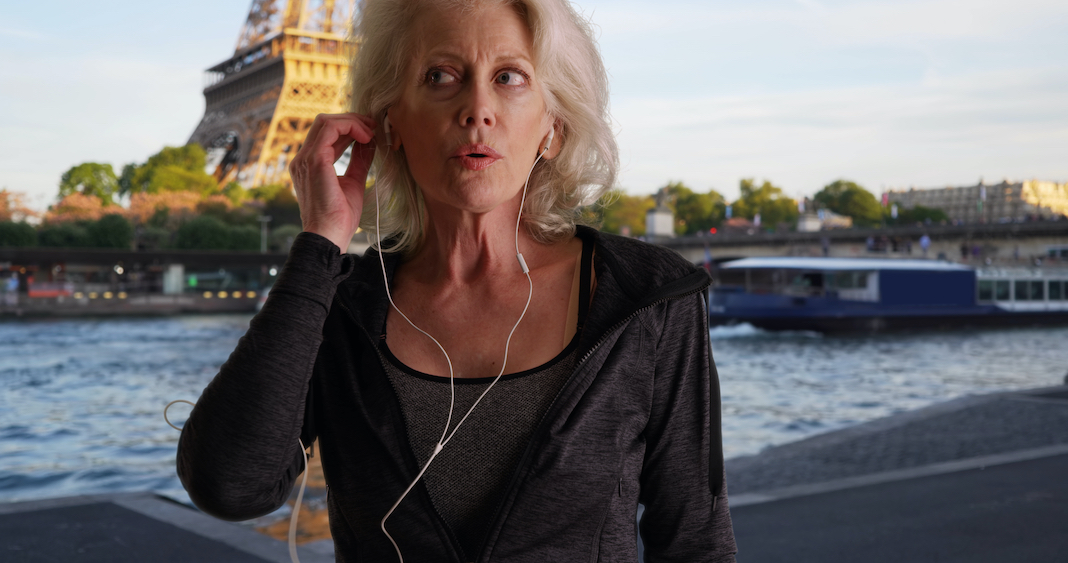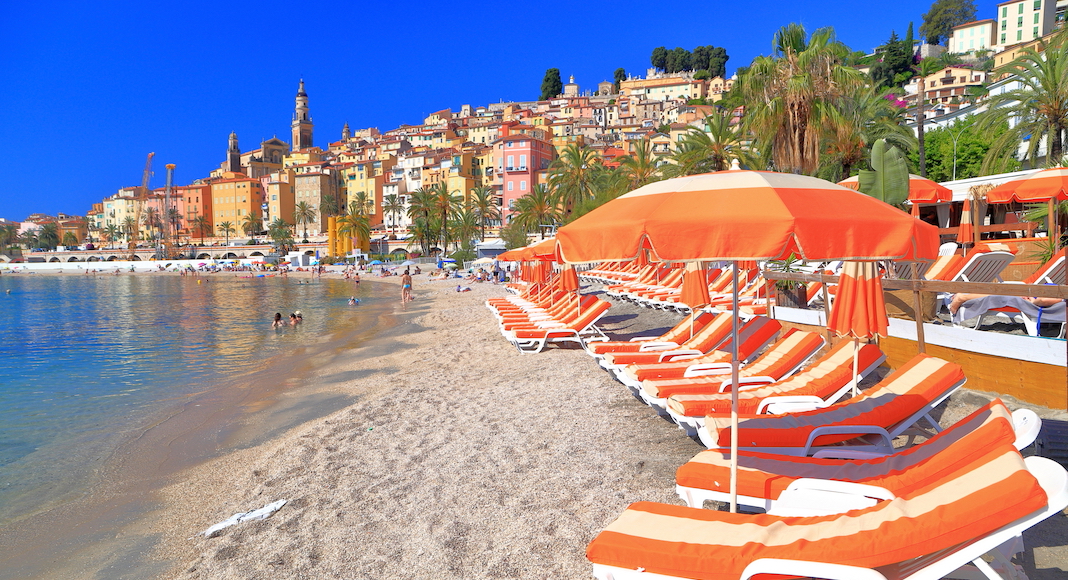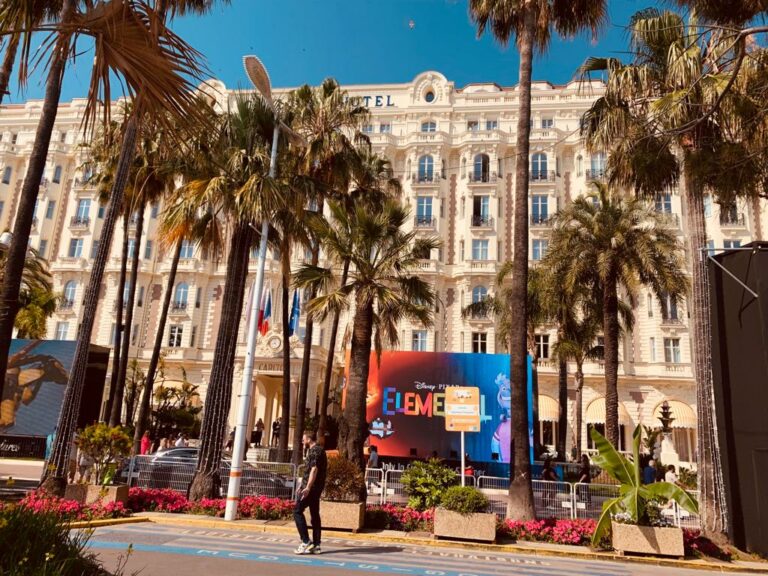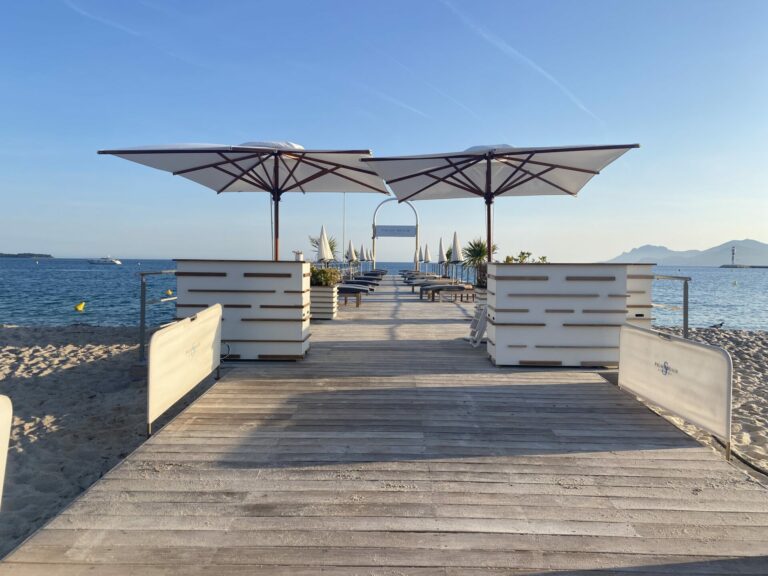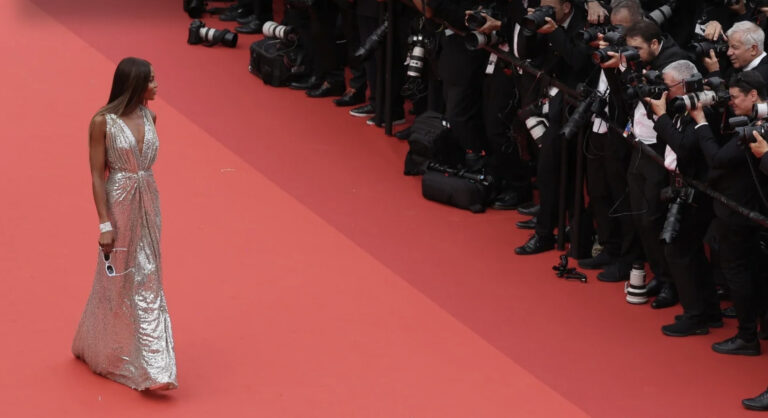We’ll skip the lamentations for how ridiculous it is that only three women have won the Palme d’Or in 76 years of the film competition; I’m more interested in why these films were able to cut through the noise and bring home the gold. So let’s take a look at the facts:
Anatomy of a Fall (dir. Justine Triet) is a dark thriller about a woman trying to prove her innocence after the untimely death of her husband.
Titane (dir. Julia Ducournau) is a dark body horror about a murderess with a sexual affinity for automobiles. (Don’t ask.)
The Piano (dir. Jane Campion) is a dark period drama about a mute pianist involved in a violent love triangle on the 19th century New Zealand frontier.
Does a theme stick out? All three were dark, intense, and turbulent. It makes me wonder if we’ve decided that violence and brutality are a prerequisite to being taken seriously as a woman in film. Even in the golden age of the dark comedy, with Ruben Östlund’s black comedy, Triangle of Sadness, winning the 2022 Palme d’Or, highly-awarded cinematic stories told by women tend to be either dead serious or macabre. It presents a startling ideological binary: that female subjects in film must either commit violence, or have violence committed against them.
All three films mentioned above deal with ultimately unknowable women, whose choices are often unexpected, and never fully explained. The Piano’s protagonist, Ada, is mute for reasons that are not dealt with in the context of the film, and she chooses to only communicate by playing the piano, nearly at the cost of her own life. Titane’s Alexia commits casual homicide with the same carelessness and lack of rationality with which a child might throw a tantrum. And Sandra in Anatomy of a Fall refuses to fit the mold of the wrongly accused heroine, denying our hunger for an answer to her innocence or guilt. There’s a kind of emotional detachment in these films, as if in anticipation of complaints that, Oh, there’s women off being hysterical again.
While all three films certainly earned their accolades, it’s worth thinking about whether we can someday take women in film seriously, without insisting they be so serious. Personally, I don’t need to feel like a therapy session is in order to think a film deserves praise.
Other French successes from Cannes 2023 include the gastronomy-focused romance, The Pot-Au-Feu, from French-Vietnamese director Trần Anh Hùng. Hùng gave a fantastic interview with Variety about the role of haute cuisine in French society, and its impact on the film, which you can read here.
For more on what it’s like to actually attend the Cannes Film Festival as an average Jade, check out our on-the-ground coverage from contributor Jade Pohren.
Things I found on the Internet…
How I feel like I sound when I order wine at a restaurant. Something about the structure of this Pain au Jambon is absolutely adorable. And the best tiny French towns for solo traveling.
Binge time…
A few weeks ago, I reviewed the French-Japanese TV drama Drops of God. It’s only gotten juicier, and the season finale comes this Friday, June 2. So if you haven’t started binging, put a little wine flight together for yourself and get watching!
Ciao,
Catherine Rickman
Managing Editor, frenchly.us
Stay in touch! I’d love to hear from you: [email protected]
Nouvelles ?️

